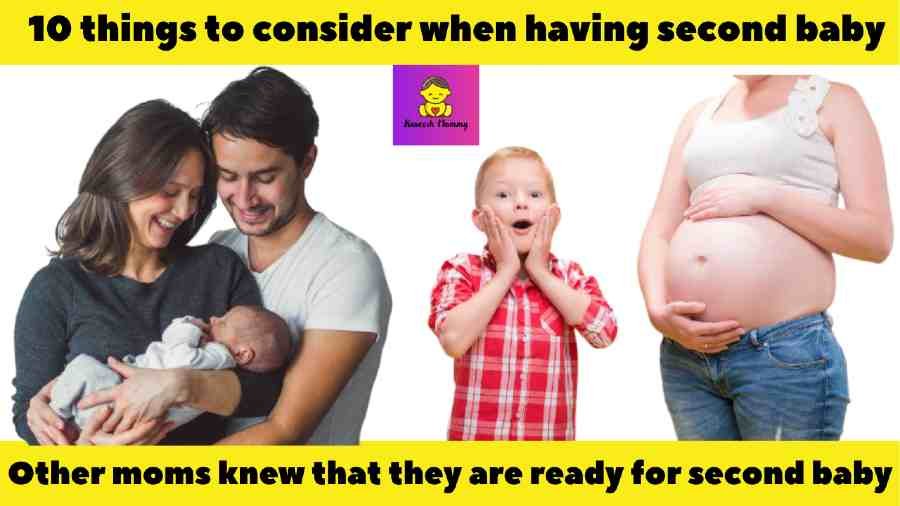What else would help you get pregnant besides being healthy? Sex –
what is the right time to get pregnant? Main Points
- A woman will only become pregnant during her menstrual cycle’s “fertile window.”
- When you’re ovulating, there are a few options to work on it.
- If you have sex on the day of ovulation, or two days before, your chances of becoming pregnant skyrocket.
Also Read
Things To Consider When Having A Second Baby
1. When trying to get pregnant “Timing” is very important
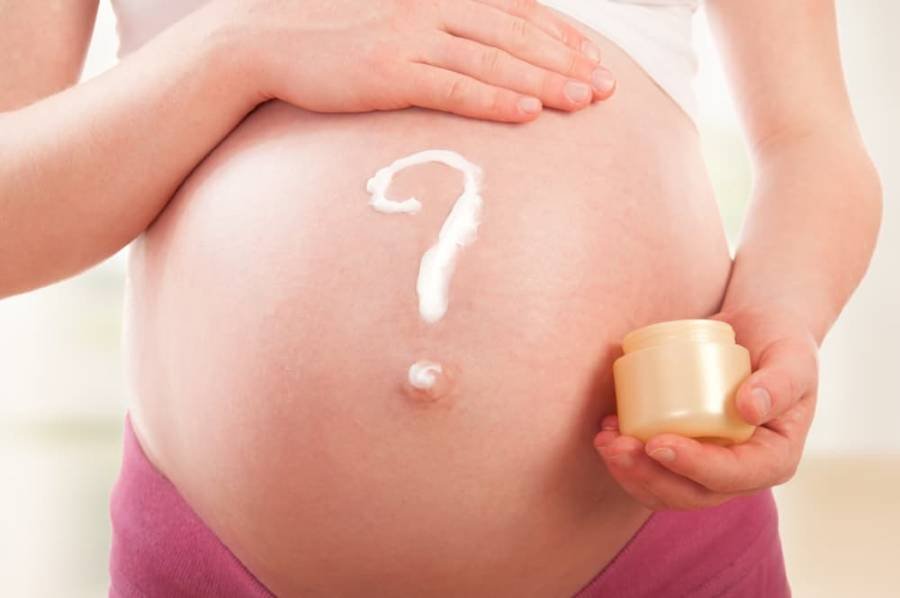
Timing is the key when you want to get pregnant.
You can do everything right in your bed to increase your chances, but if your schedule is not consistent with your ovulation cycle, any effort will be in pointless.
Every month you have a brief period to get conceive and you’re going to have to wait if you miss the chance.
While no one can guarantee when you will be able to conceive, you can improve your chances of success by adjusting the timing and frequency of your lovemaking sessions.
2. The best time to get pregnant
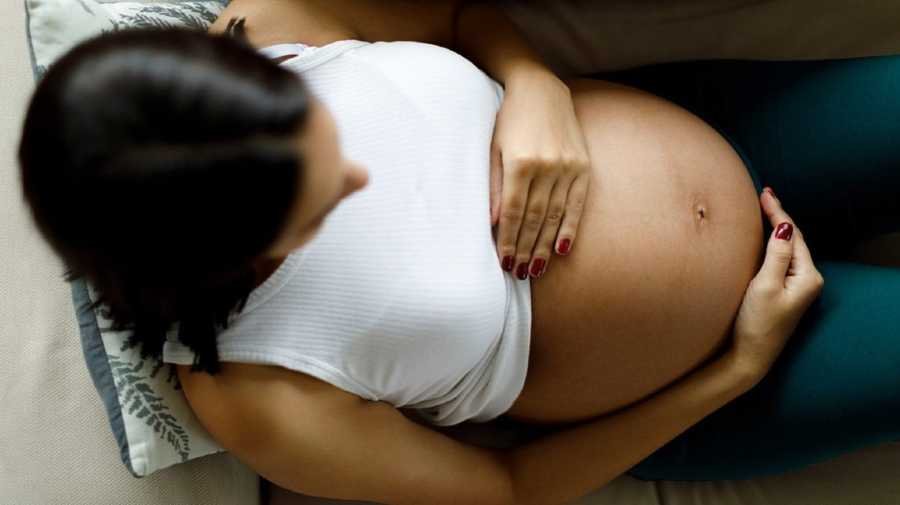
Women are more likely to become pregnant at the most fertile point of their months.
The fertile window is usually six days long, beginning five days before ovulation and ending on the day of ovulation.
The phase is called the most fertile since sperm can survive 5 days in a female reproductive tract and the egg can be fertilised only from one ovary between 12 to 24 hours after it is released.
Your ovary releases a mature egg during ovulation, which passes through the fallope pipe into the uterus. The sperm would meet it and fertilise the egg on the way to the Fallopeian tube.
3. Studies supporting this claim
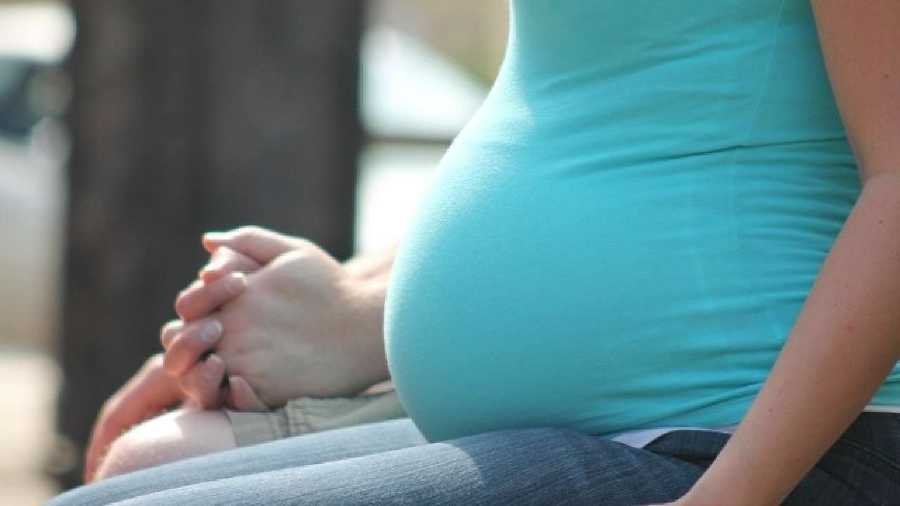
The majority of pregnancies are due to sex in this timeframe ( period), according to a study published in the New England Journal for Medicine.
The probability is 10% five days before ovulation and 33% on the day of ovulation.
Surprisingly, the chances of conceiving drop to zero a day after ovulation because the egg can only be fertilised between 12 and 24 hours after leaving the ovaries.
After this You will have to wait until the next cycle of ovulation to go and get pregnant. A lack of understanding of the ovulation cycle and ovulation signs produced an obstacle in most cases.
4. How to track your ovulation period
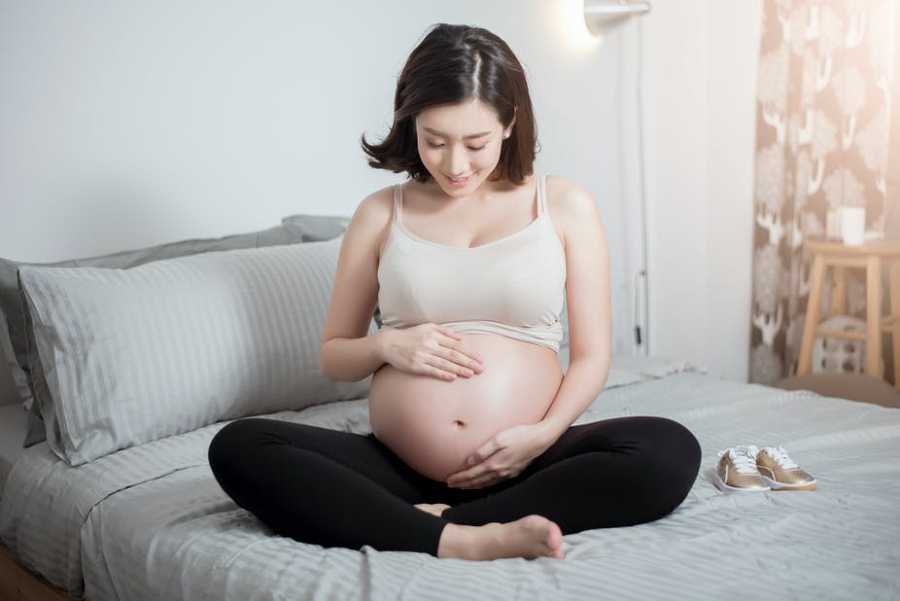
It is important that you know about the ovulation cycle when you plan to become pregnant. It’s easier to track when you ovulate when your time is normal.
Usually, 14 days before your next period, ovulation happens. It may vary from one or two days for irregular periods.
You can easily calculate the timing based on your period or can look for physical signs of ovulation.
Two common signs of ovulation are watery vaginal secretions and discomfort on one side of the pelvis. There are also many applications that can assist you to track your last ovulation cycle.
Another way to tell if you’re ovulating is to monitor your basal body temperature. Women would take their temperature first thing in the morning and look for any changes. A slight rise in body temperature may indicate ovulation.
5. What positions are the best?
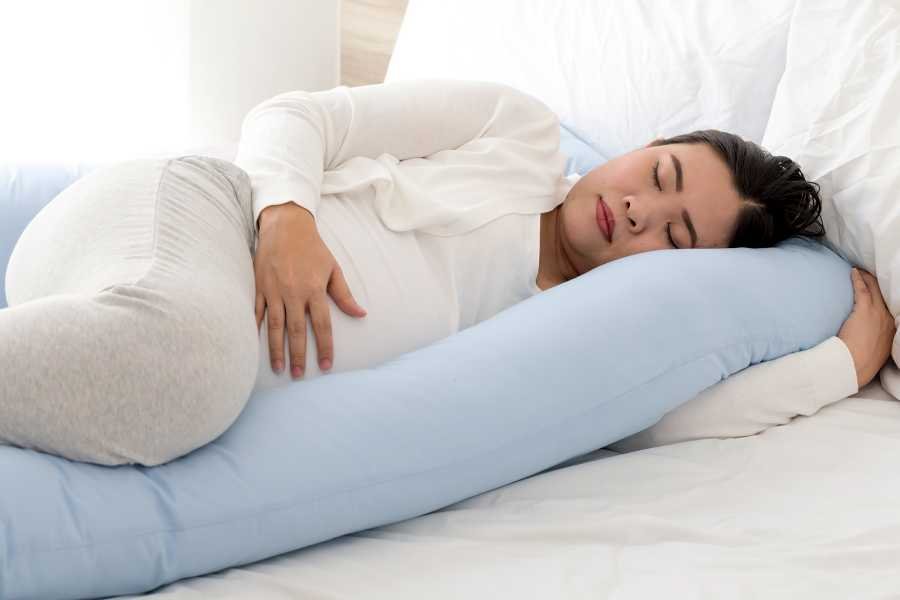
Each time men ejaculate, almost 100 million sperm and sex without protection may result in a pregnancy before and on the day of ovulation.
No specific sex position was found to improve women’s chances. As far as the position is concerned. However, deeper penetration is permitted in missionaries (the man on the top) and doggies (the man behind them).
Advice on conceiving and preparing for pregnancy: FAQ
If you want to have a baby, you would do something to make sure that the pregnancy is healthy and comfortable.
- Regular, modest exercise is vital to make your body feel ready for pregnancy and you have a lot of energy and endurance to work and care for your baby.
- You just need to try to eat a healthy, balanced diet
- plenty of fruits and vegetables – go at least five portions a day, fresh, frozen, tinned, dried, or a glass of juice.
- A lot of stuffed foods like bread, pasta, rice and potatoes (choose wholegrain options where you can)
- Protein rich meals, eggs and pulse, like lean meat, chicken, fish (beans and lentils)
- Milk foods that contain calcium, such as milk, cheese and yoghurt
You should try to avoid:
- processed foods and foods that are high in fats and sugar
- Alcohol
- Smoking
- Medicines and drugs
When Should I Try To Get Pregnant?
Fortunately, sperm remains in the fallopian tubes for a longer period of time (up to several days). That is, while it is optimal to have sex on the day you ovulate, you may also become pregnant if you do so a few days before. When that egg arrives, there should still be viable sperm in your fallopian tubes.
When and How Often to Have Sex to Get Pregnant
If you want to get pregnant faster, you might be interested in knowing when you should have sex, how frequently to have sex, and whether there are factors that can increase or decrease your chances of becoming pregnant each month.
Follow these simple tips for how to get pregnant:
Have sex regularly. Have sex on a regular basis. Couples who have sex every day or every other day have the highest pregnancy rates.
Have sex near the time of ovulation. If having sex every day isn’t possible — or enjoyable — start having sex every two to three days per week soon before your period ends. This would help ensure that you have sex during your most fertile period.
Maintain a normal weight. Women who are overweight or underweight are at a higher risk of ovulation disorders.
When are you more likely to conceive?
The ‘fertile window’ is the day an egg is released from the ovary (ovulation) and the five days beforehand. Having sex (intercourse) during this time gives you the best chance of getting pregnant.
Myth-busting
MYTH
A woman can get pregnant any time of the month.
FACT
A woman can only get pregnant on a few days during her menstrual cycle.
Why?
Because eggs and sperm only live for a short time:
Sperm live for around five days.
Eggs can only be fertilized for around 24 hours (one day) after being released from the ovary.
Eggs and sperm need to come together at the right time for fertilization to happen to create an embryo.
How to know when you’re ovulating
Menstrual cycles can be tracked on a chart, in a diary, or with a free period-tracker app on your smartphone.
“To determine the duration of your menstrual cycle, keep track of the first day you begin bleeding (first day of your period). This is the first day. The day before your next time starts is the last day of your cycle.”
Kerry Hampton, a registered nurse and fertility expert, examines the significance of fertility awareness and how to identify your fertile window to increase your chances of conception. Watch video
What are the chances to get pregnant during the period?
2. If a woman has sex six or more days before ovulating, her chances of being pregnant are almost none.
3. If she has sex five days before ovulating, her chances of getting pregnant are about 10%.
4. If she has sex on the day of ovulation or two days before, she has a 30% chance of becoming pregnant.
These are average figures that vary according to a woman’s age.
How to know you are ovulating
References
- American Society for Reproductive Medicine, Optimizing natural fertility, https://www.reproductivefacts.org/news-and-publications/patient-fact-sheets-and-booklets/documents/fact-sheets-and-info-booklets/optimizing-natural-fertility/
- Advice on conceiving and preparing for pregnancy. (2015, November 11). Nidirect. https://www.nidirect.gov.uk/articles/advice-conceiving-and-preparing-pregnancy
- Australia, H. (2018, November 14). Getting pregnant. Www.healthdirect.gov.au. https://www.healthdirect.gov.au/getting-pregnant
- How Long Does It Take to Get Pregnant: A Fertility Timeline. (2018, September 20). Healthline. https://www.healthline.com/health/pregnancy/how-long-does-it-take-to-get-pregnant#time-to-pregnancy
- Trying to conceive | Womenshealth.gov. (2016, December 13). Womenshealth.gov. https://www.womenshealth.gov/pregnancy/you-get-pregnant/trying-conceive


